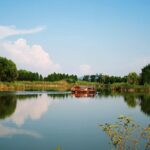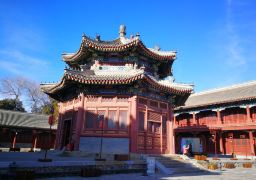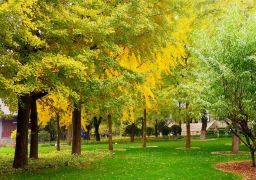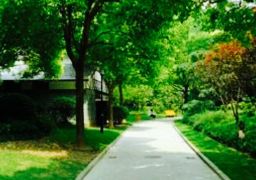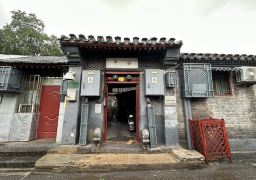Youyang boasts two major water systems, the Wujiang River basin and the Yuanjiang River basin. The Wujiang River, located on the southwest border of Youyang County, originates from Weining County in Guizhou Province, flows through Wanmu and Gongtan in Youyang, and eventually joins the Yangtze River in Fuling, with a total length of 1070 kilometers. The Youyang section of the Wujiang River, approximately 60 kilometers long, is the essence of the ‘Wujiang Hundred Miles Gallery’.
The Wujiang Hundred Miles Gallery includes the main stream of the Wujiang River between Gongtan Ancient Town and Wanmu Township in Youyang County, as well as the upstream section of the Apengjiang, a tributary of the Wujiang River, which flows from east to west. It covers an area of 240 square kilometers and includes scenic spots such as Gongtan Ancient Town, Apengjiang Drifting, Qingquan Gallery Bridge, Ma’an City, Wanmu Yonghe Temple, Stone Forest Scenic Area, Sanjia Qian Stone Forest, Suspension Burial Scenic Area, and Changxigou Ecological Tourism Scenic Area.

The Wujiang Hundred Miles Gallery has a long history and profound cultural accumulation. Gongtan Ancient Town has a history of over 1700 years; the ancient Ba Kingdom’s Manwang Cave was built during the Warring States period; Ma’an City is the site of the Southern Song Dynasty’s Jin Tou Heshang Uprising; the suspension burial is a custom of the Bo people, a southern minority during the Eastern Han Dynasty. The history of the Ba people’s纤道 is ancient, and cultural relics such as ‘Surging Waves Hitting the Shore’ and ‘Bamboo Zero Poetry Niche’ have a heavy accumulation and are of great research value.
Wujiang Gallery
Youyang boasts two major water systems, the Wujiang River basin and the Yuanjiang River basin. The W[...]





